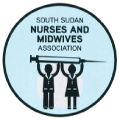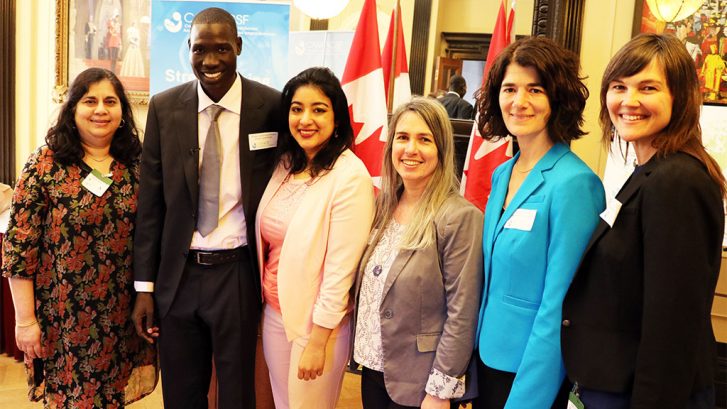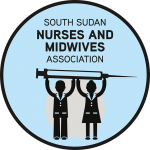The Peer-to-Peer Mentorship Program: Events
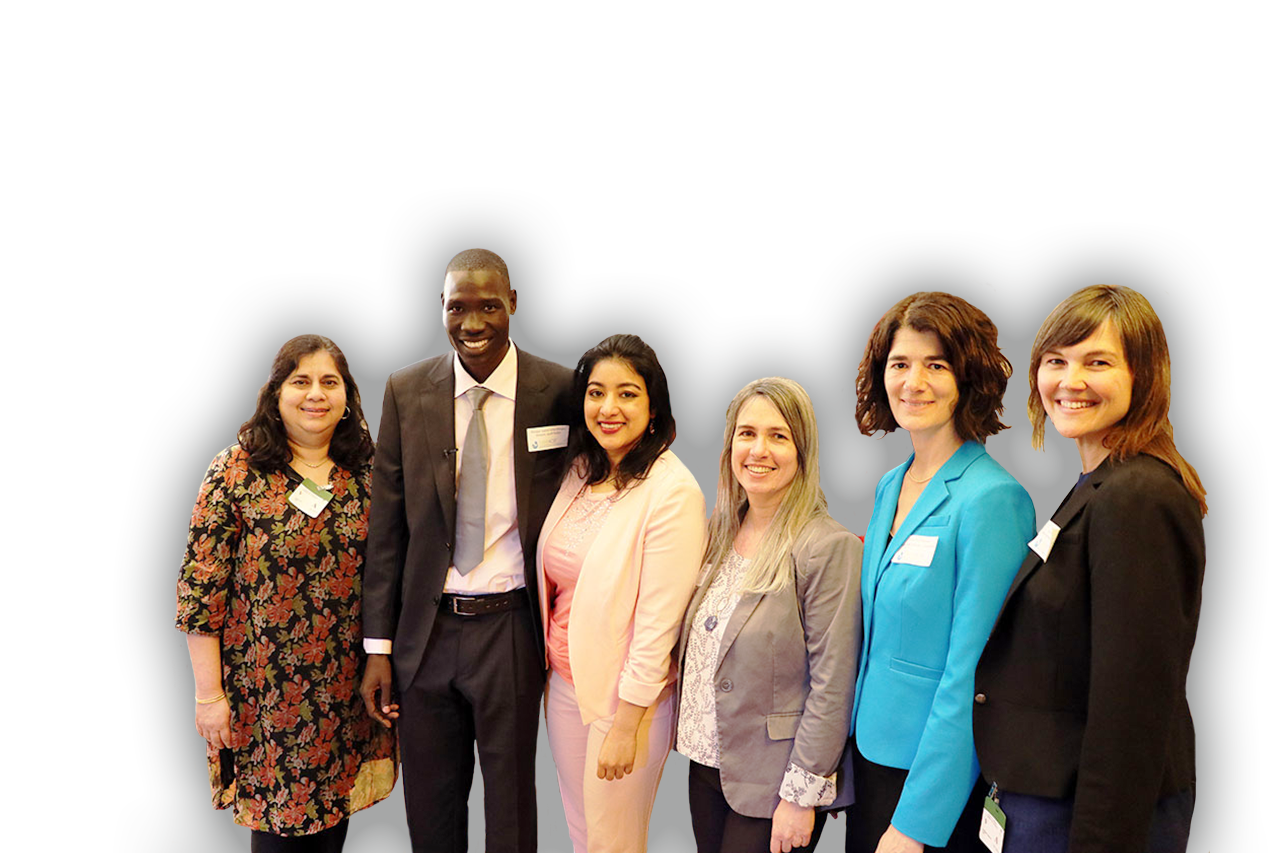


I want to say thank you to all of you who are investing your time and energy, your skills and expertise to support healthy birthing around the world, and it will be an honour to continue to partner with you.
– The Honourable Jane Philpott, Minsiter of Health, Government of Canada, 2017
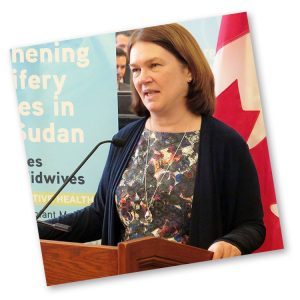
On May 10, 2017, approximately 70 parliamentarians, political staffers and government employees attended the Canadian Association of Midwives’ (CAM) reception on Parliament Hill to celebrate the contributions that Canadian midwives make across the country and around the world.

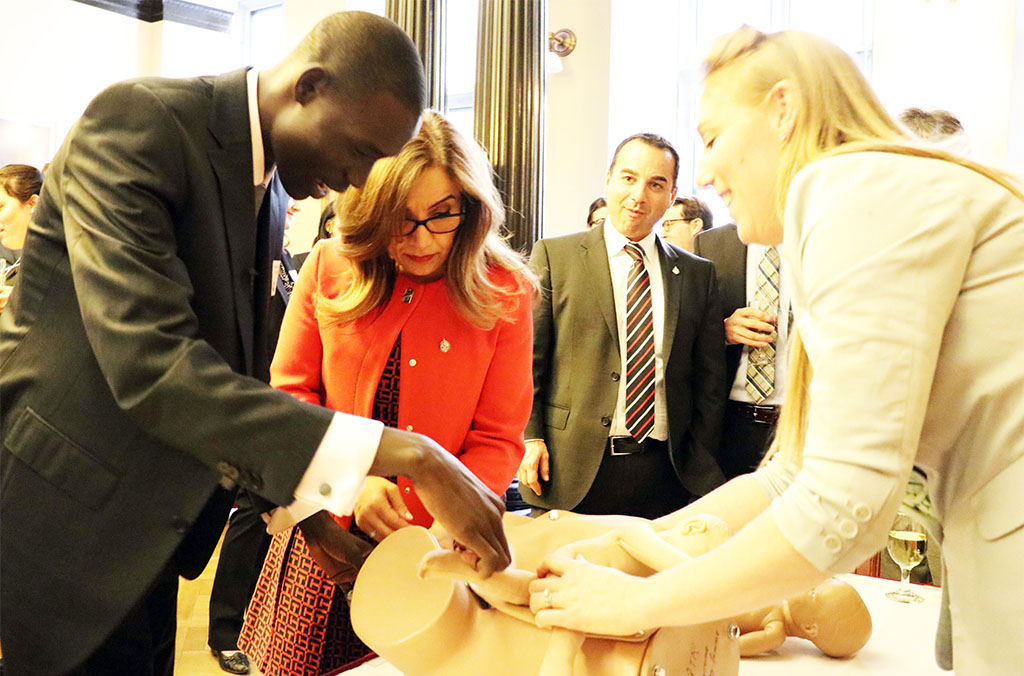

The most rewarding and the most challenging aspect of my work is gaining a woman’s trust by being the trusted friend she needs me to be and guiding her in becoming a mother.
Throughout the implementation of the SMSII project, I feel I have also contributed to women’s empowerment, though there are still more gaps and challenges that need to be addressed through communities and policies for affirmative programs.
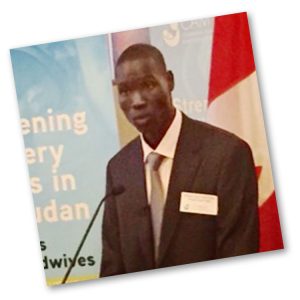
Mangwi Justine Juma has been working in Torit State Hospital since 2015 as a National United Nations Volunteer (NUNV) midwife.

The main topics discussed during the Peer‑to‑Peer exchange were:
- Health education, including disadvantages of home deliveries
- Management of postpartum haemorrhage
- Respectful intrapartum care for positive birth experience
- Complications during pregnancy and labour
- Criteria for diagnosing active labour
- Diabetic in pregnancy
- Danger signs in pregnancy, such as bleeding in early pregnancy
- Challenges faced at work place
- Management and neonatal care (neonatal resuscitation)
- Management and shoulder dystocia
- Retained placenta
- Eclampsia and pre‑eclampsia
- Antenatal care
- Retained placenta
- Balloon tamponade
- Electronic fetal monitoring
- Disseminated intravascular coagulation
The NUNVs indicated a number of benefits that they derived from the exchange mechanism, mainly:
- Improved knowledge and understanding of various elements of midwifery practice, particularly on management of complication in pregnancy and labour. This has resulted in their overall improved knowledge and skills in midwifery.
- Improved research skills on current midwifery practices. Before and after the peer-to-peer exchange interface, the NUNVSs did internet or library research on the topics being discussed. This research idea wasn’t part of their learning approach before the peer-to-peer exchange mechanism was introduced.
- Improved networking with other global midwives.
- Improved communication skills, particularly on the use of the internet and Google.
Assessment Report >>>
South Sudan UNFPA Country Programme Strengthening Midwifery Services (SMS) II Project Peer‑To‑Peer Exchange Mechanism Assessment Report, September 2018
63% were satisfied with the Peer-to-Peer exchange mechanism, of which 19% were very satisfied.

I have loved being included in the Peer-to-Peer program. It has been inspiring to hear about the work my colleague in South Sudan is doing to improve maternal and infant outcomes.
We have had many interesting midwifery discussions, as well have become friends and check in on each other frequently just to see how our families are doing. It has also been nice to be able to share different experiences, evidence and ways of practicing midwifery. I am so glad I got to participate and expect my peer and I will remain in each other’s lives for a long time.
– Marella Falat, RM in Canada

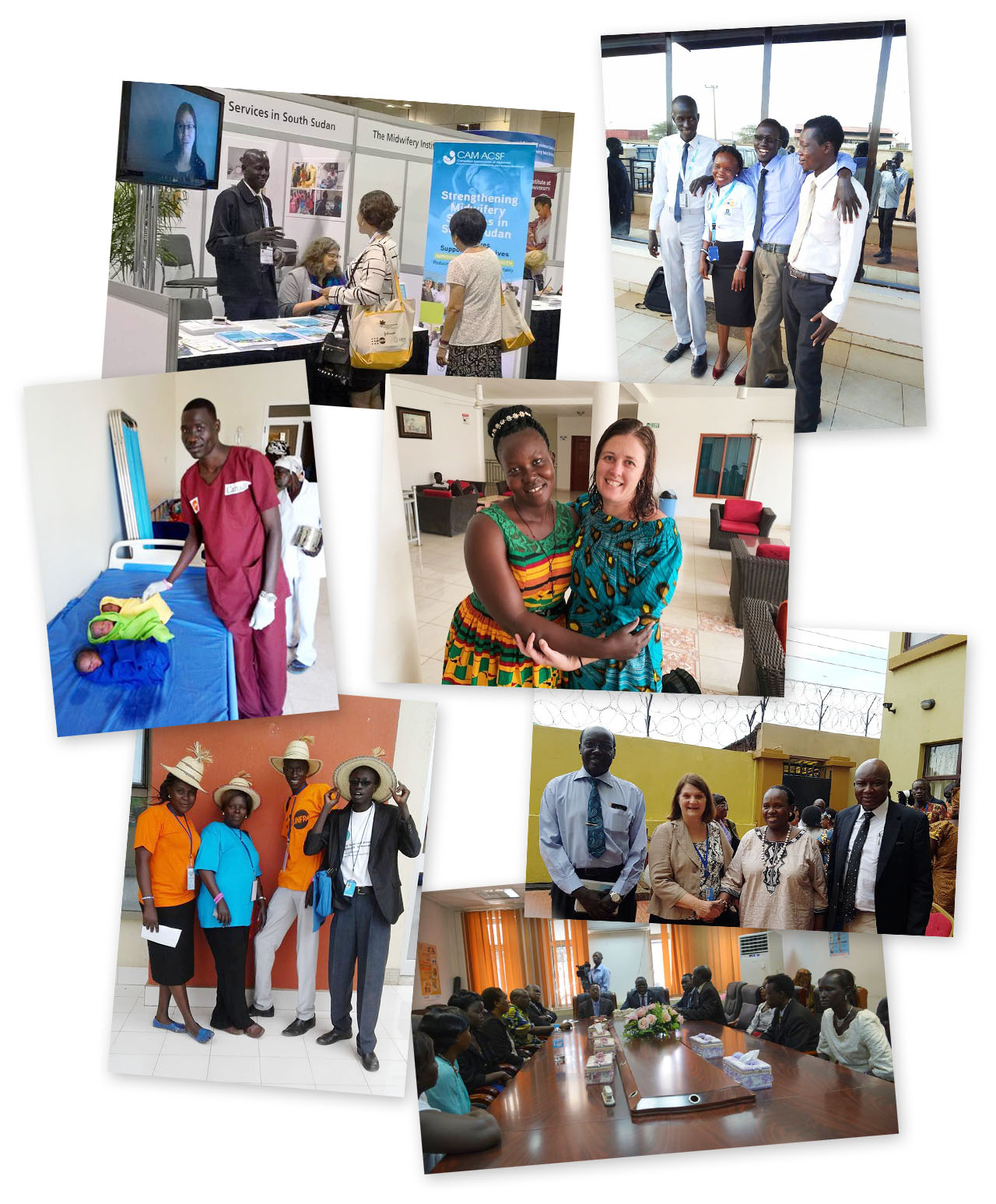

There was one day when one of the midwives in our health centre cried for help that a baby had passed away, but l went in and took care of the baby.
I did neonatal resuscitation, helping the baby to breathe. I then immediately saw a change in the baby’s colour, becoming pink. I immediately referred the mother and baby to Juba Teaching Hospital for better care. l followed up on the baby and the baby is now OK. The father was so happy that he has named the baby after me. I want to continue my career as a midwife, helping other midiwves and students to give of their best.
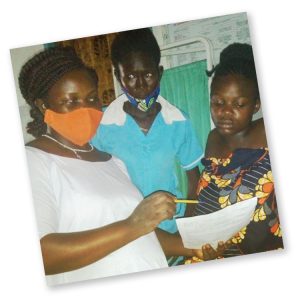
Joice Peace Abuni is a National United Nations Volunteer (NUNV) midwife deployed since 2020 in the Primary Health Care Centres at the State Ministry of Health in Central Equatoria, Juba.
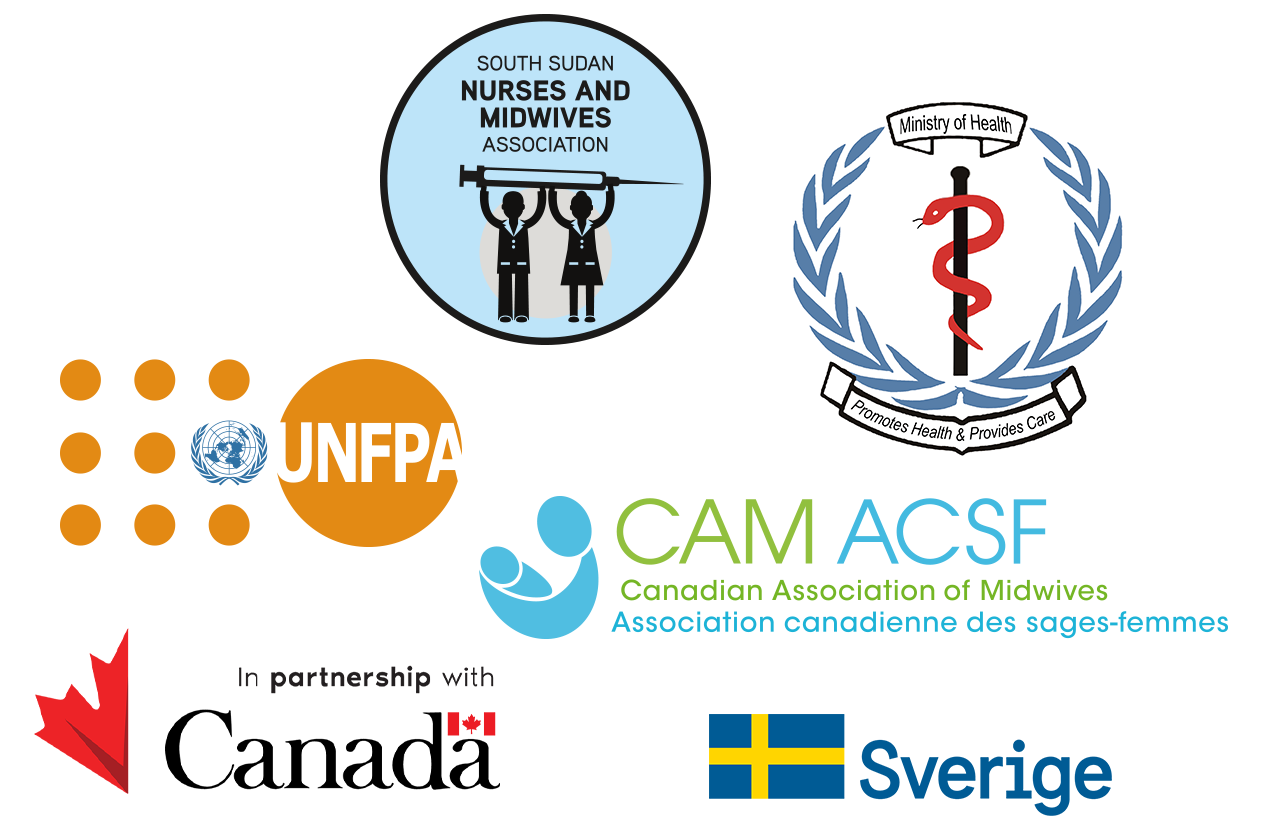
Strengthening Midwifery Services (SMS II) is a UNFPA-led collaboration between the Canadian Association of Midwives (CAM), the South Sudanese Midwives Association (SSNAMA), the South Sudanese Ministry of Health (MOH), and other Health Science Institutions in South Sudan. It is funded by the governments of Canada and Sweden. The main objectives of SMS II is to strengthen midwifery services in South Sudan in order to reduce maternal and infant mortality through association strengthening and education, while providing support and resources to empower women in their reproductive health.
